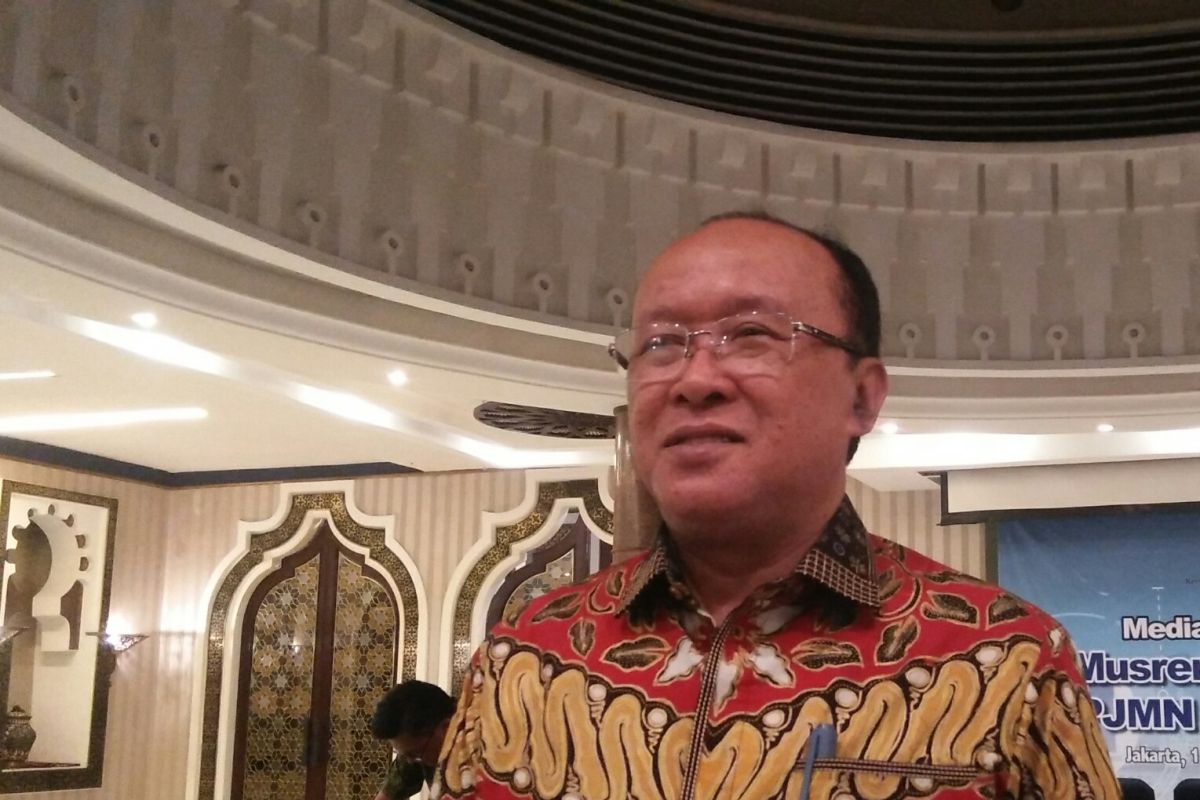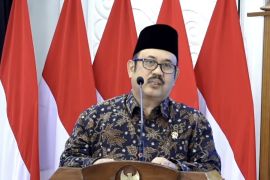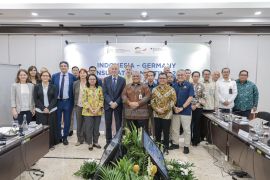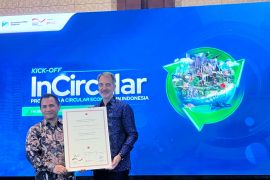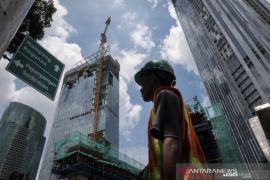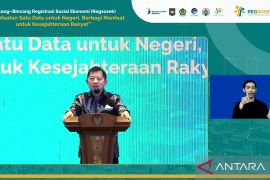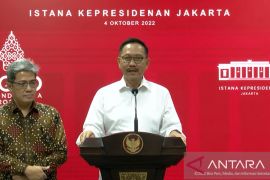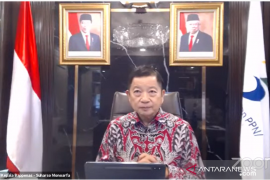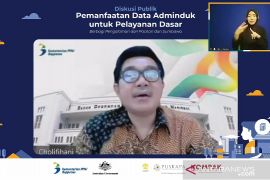"We have prepared the 2020-2030 SDGs plan. However, in the wake of the COVID-19 pandemic, we need a new draft to change the implementation plan," Deputy for Maritime and Natural Resources at the Bappenas Arifin Rudiyanto noted in an official statement here on Friday.
Hence, Rudiyanto stated that Bappenas was preparing a draft of the National Action Plan 2020-2024 as well as short-, medium-, and long-term scenarios to achieve the SDGs goals in the wake of the COVID-19 epidemic.
"COVID-19 is a common enemy, so we are optimistic that the SDGs would be a joint solution. To this end, it is necessary to make SDGs as a framework for growth programs," he noted.
Rudiyanto also highlighted that Bappenas had continued to take precautionary measures in order to mitigate the impact of the COVID-19 pandemic on the realization of several SDGs targets, including the first goal of No Poverty.
Rudiyanto expounded that the achievement of the goal was affected since the COVID-19 pandemic had lowered the income of vulnerable and poor groups and increased the risk of the middle class falling into the category of the poor.
Related news: Government's 2021 working plan to focus on social, economic recovery
The attainment of the second goal of SDGs of No Hunger too would be affected since food logistics was disrupted owing to the imposition of large-scale social restrictions and decrease in the access to food owing to layoffs.
The third goal of SDGs of Healthy and Prosperous Life will be affected since COVID-19 has impacted the health sector, thereby necessitating improvements and reforms in terms of access, services, and medical devices as precautionary measures against another pandemic.
The fourth goal of the SDGs is Quality Education. The COVID-19 crisis has changed the patterns of learning and teaching at schools, thereby mandating an improvement in the information and communication technology infrastructure to expand internet technology access for poor and vulnerable families and prepare teachers to teach online.
The fifth SDG goal is Gender Equality. This aspect too has witnessed a change in the event of disrupted production health services and increased workload on women in terms of household tasks.
The sixth SDG is to encourage sustained growth in the Economic Sector. However, this will be affected since industries are bearing the brunt of the COVID-19 pandemic. Consequently, Indonesia's growth rate is estimated to plummet to 2.3 percent.
Related news: Bappenas forecasts 1% economic growth in Indonesia amid COVID-19
The goal of the seventh SDG is Clean and Affordable Energy. The realization of this goal will encounter challenges owing to the falling prices of fossil energy commodities. Bappenas seeks to ensure that the development of renewable energy is unhindered and still achievable.
The next goal of the SDGs is Reducing Gaps. In the absence of intervention, the poverty rate can reach 10.54 percent in 2020. However, with timely intervention, it can be reduced to 9.24 percent.
However, Arifin believes that in the wake of the COVID-19 pandemic, the government would be able to achieve some targets of the SDGs program owing to improvements in the air and water quality, reduction in carbon emissions and wildlife trade, and increase in biodiversity.
"However, waste processing should be considered, especially medical waste, which contributes to the amount of plastic waste," he pointed out.
Related news: Major actions necessitated for realization of SDGs by 2030: Bappenas
Related news: Indonesia prepped to contribute to realization of SDGs: President
Related news: Bappenas signs MoUs to achieve SDGs target
Translator: Astrid F, Azis Kurmala
Editor: Yuni Arisandy Sinaga
Copyright © ANTARA 2020
